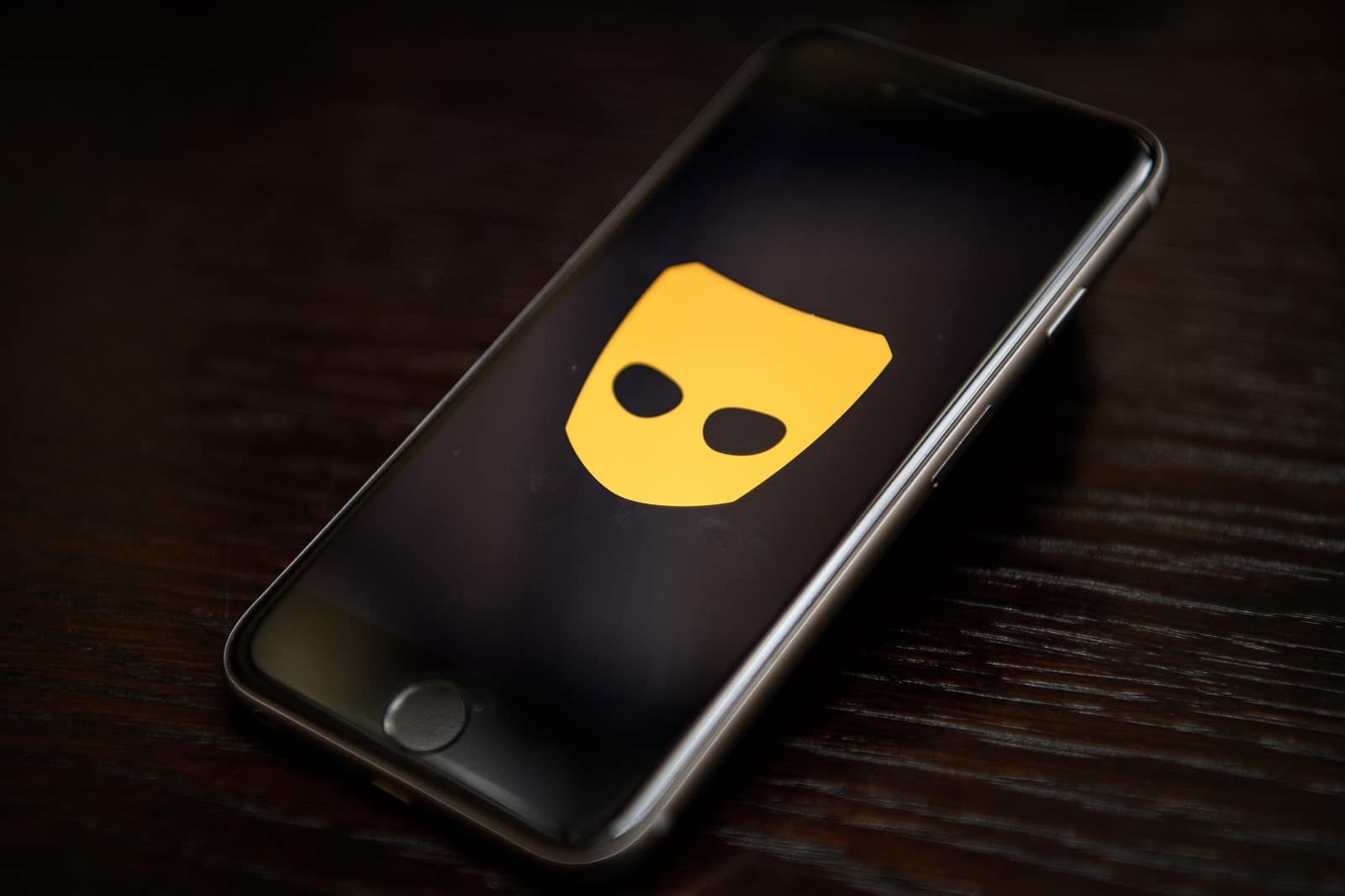This is what it’s like to be on Grindr if you have HIV

A new video shows what it’s like to be HIV-positive on Grindr.
In the clip, released as part of project Real Conversations of Grindr, features people reading out real messages that were sent to HIV-positive men on the hook-up app.
It reveals some of the abuse that and ignorance that poz men have to face daily, even if their viral load is undetectable and they are unable to pass on HIV.
One Grindr user wrote: “What the fuck’s wrong with you? Why are you on here with your disease?”

Another added: “You should be ashamed, you’re a walking disease.”
Safe sex with an undetectable HIV-positive guy carries a lower HIV risk than bareback hook-ups with random men. However, men with HIV are still often shunned on hook-up apps.
The video was filmed as part of an initiative of the HIV Foundation Queensland (HIVFQ), in partnership with Queensland Positive People (QPP).
The project started as a filmed social experiment at Brisbane Powerhouse’s annual queer arts and culture festival in February, shedding light on the online phenomenon of online dating apps.
The video seeks to spotlight that substantial HIV-related stigma actually comes from within the LGBTI+ community.
HIVFQ CEO Tony Majer said: “The Real Conversations of Grindr booth experience at this year’s queer arts and culture festival (Melt Festival) exposed members of the public to some of the everyday exchanges that take place online, prompting ongoing discourse around the effects these have on members of the community.
“The result is a powerful and, at times, confronting exposé of HIV-related stigma, highlighting its prevalence in online forums where anonymity is made easy.
“In 2017, approximately 25,000 Australians are living with HIV, around 70 per cent of which are gay men and other men who have sex with men. It’s alarming that so much of the stigma is pedalled from within this very community.”
Although recent data from Queensland Health showed HIV notifications in Brisbane were at their lowest levels since 2008, Mr Majer said widespread stigma had dangerous effects.
He added: “Stigma is a barrier to people getting tested and seeking treatment and can potentially be more damaging than the virus itself.”
QPP Executive Officer Simon O’Connor added: “While there have been many incredible medical and scientific advances in HIV, what hasn’t diminished is the stigma around HIV and the negative community attitudes towards people living with HIV (PLHIV).
“Unrelenting stigma can cause PLHIV to internalise the community’s detrimental perceptions of HIV, which can result in trauma, isolation and psychological impacts. For HIV stigma to be decreased, it will take a noticeable improvement in community attitudes towards PLHIV.”
Related: YouTube star exposes men’s private Grindr profiles online for prank

